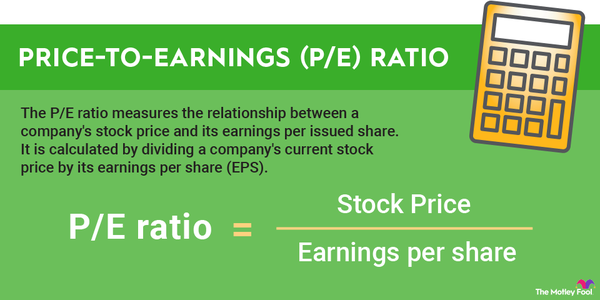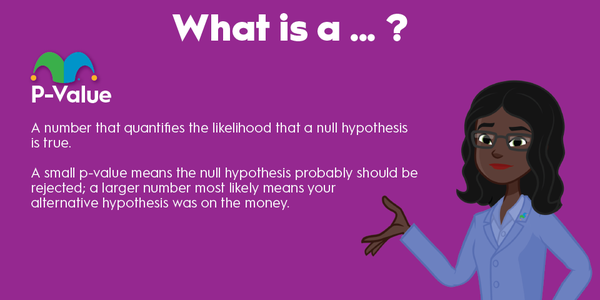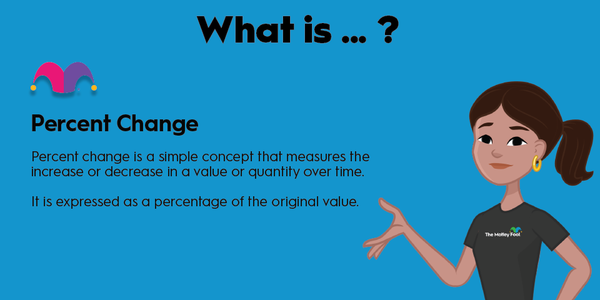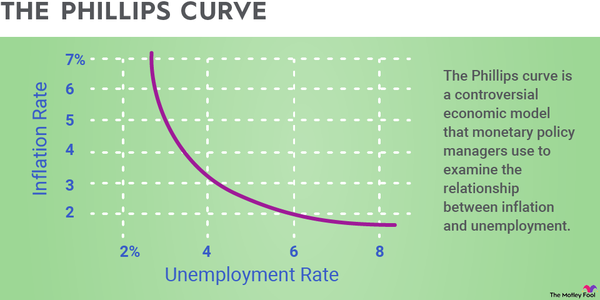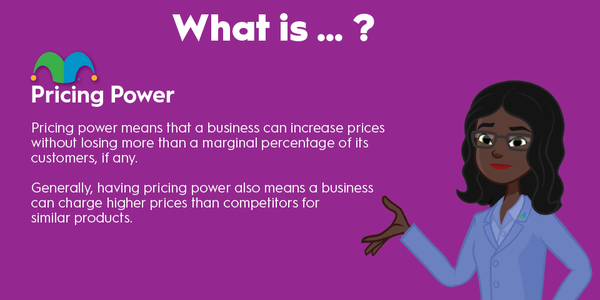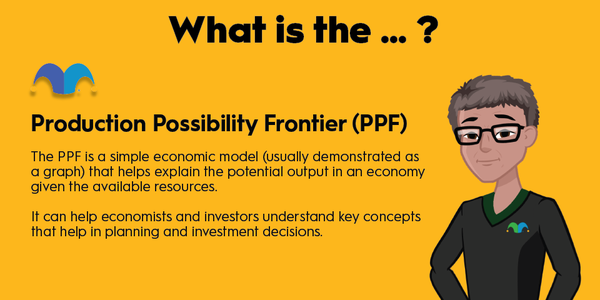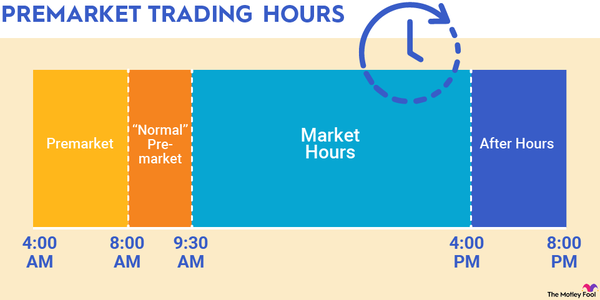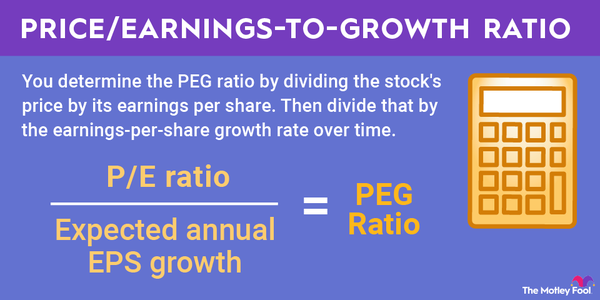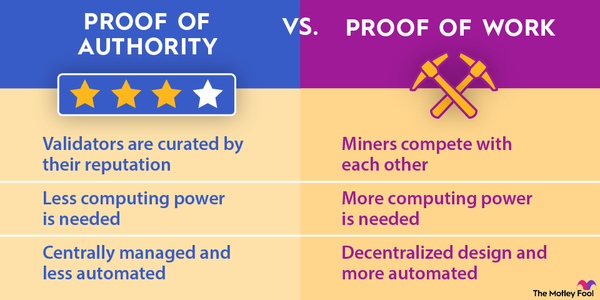Perfect competition in the market is a market structure wherein each participating company sells identical products, there are many buyers and sellers, and no barriers to entry or exit exist for stock market participants. It's a theoretical market structure; it doesn't exist in the real world.
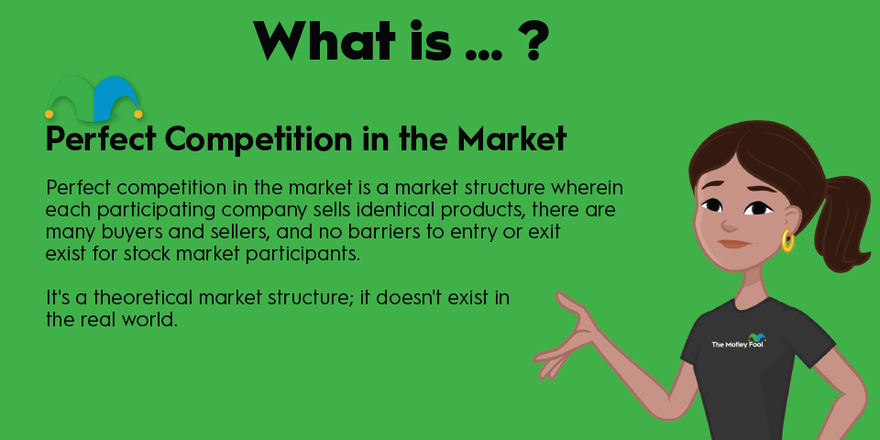
However, perfect competition is useful if you're studying economics, as it represents ideal market conditions. Economists can use a theoretically perfect competitive market as a benchmark to compare against real-world market conditions.
What is perfect competition in the market?
What is perfect competition in the market?
Perfect competition in the market is a model in which many companies produce identical goods consumed by a large number of buyers, buyers and sellers have access to all available information, and all participants can easily enter or exit a market. Here's a further breakdown of the characteristics of perfect competition:
- Individual buyers and sellers have no influence over price. In a perfectly competitive market, consumers and firms are price takers, meaning they must buy or sell goods at the prevailing market price.
- A large number of sellers produce homogenous goods. Because all goods produced are identical, no seller has a competitive advantage over another. If one seller were to produce superior products, they would be able to price their goods accordingly.
- There are many buyers and sellers. Because of the large number of buyers and sellers, no individual buyer or seller can influence market prices.
- Barriers to entry or exit are nonexistent. New competitors can easily and cheaply enter a market, but it's also easy for firms to leave because barriers to exit, like long-term contracts, don't exist.
- Buyers and sellers have access to all available information about the market. Buyers know every seller's prices, and sellers know all information available to other sellers. One seller isn't privy to some advanced technology or lower-cost production method their competitors are unaware of.
- The market is in perfect equilibrium. The law of supply and demand determines how much of a good is produced. In other words, the quantity supplied by firms is identical to the quantity consumers demand.
Can firms profit in a perfectly competitive market?
Can firms profit in a perfectly competitive market?
In a perfectly competitive market, firms will make zero economic profit in the long term. When firms are earning economic profits, more firms will enter an industry.
The result: The quantity of goods supplied will increase, causing prices to drop. As new firms enter the market, prices and profits will continue to fall. New firms will continue entering a market until economic profits drop to zero.
Perfect competition versus monopoly
Perfect competition versus monopoly
The opposite of perfect competition is monopolistic competition. A monopoly is a market structure with one seller but many buyers.
Utilities are a classic example of a monopoly. If your electric company raises rates, you can't just take your business to a competing electric company. Theoretically, an electric company could raise its price to infinity, and your choices would be to either pay the price charged or go without electricity. (Note: In practice, utilities are typically regulated monopolies, and state governments generally have to approve rate increases.) It's also extraordinarily difficult for utility companies to enter and exit a market, given the infrastructure costs and the need to enter into long-term contracts.
Related investing topics
A close example of perfect competition
A close example of perfect competition
Though perfect competition is a hypothetical economic model, commodity markets offer many of the defining characteristics of a perfectly competitive market.
Suppose you're buying wheat flour or corn at the grocery store. You probably don't care what company milled the wheat or grew the corn. The products are interchangeable to you and most customers; if one bag of wheat flour costs $0.25 less than the others, there's a good chance you'd choose it over the competition. Wheat flour isn't exactly a product that inspires a lot of brand loyalty.
Still, commodity markets lack some of the hallmark traits of a perfectly competitive market. For example, it's not exactly easy or cheap to set up a flour mill or plant a cornfield, nor is it simple to walk away from such a venture. Although the production processes may be similar, one company could still develop new technology to mill flour or grow corn more efficiently than its competitors or find a way to lower its transportation costs.
The concept of perfect competition provides a valuable framework for understanding how markets function. But in the real world, no pure example of perfect competition exists.

